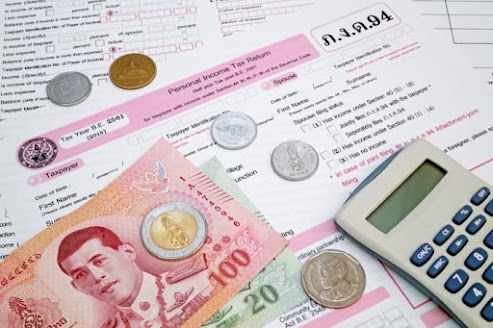EDITORIAL
The latest rule allows visa-exempt tourists to receive 60 days on arrival with a 30 days’ extension at local immigration. Nothing in print prevents these tourists from leaving the country – for example on a border hop – and repeating the procedure indefinitely. That would mean a permanent leave to remain in Thailand, without any visa, simply by briefly leaving the country – even for an hour or two – four times a year. No need to show any paperwork of any kind.
When challenged about multiple admissions, the foreign affairs ministry spokesman said that, of course, all entries to Thailand were subject to the discretion of the immigration officer. In other words, you would never be sure what might happen further down the line. One tourist might be refused, whilst another might be hassle-free, a scenario which would create the bad publicity which the Thai government abhors. The obvious solution is for the incoming Thai government to limit entries under the visa-exempt scheme to one or two in any twelve months’ period.
The new Destination Thailand Visa is a long overdue measure to address the issue of digital nomads or remote workers who have been under a legal cloud for the past 20 years. The DTV allows those who report to a foreign company and/or have overseas clients to receive a multiple entry five years’ visa which, with an extension at local immigration, allows them to remain in the kingdom for up to 360 days (180 on entry + 180 at extension). They must then “leave the country” to repeat the procedure. The unclear bits here are whether the remote worker’s contracts or portfolio of work need to be updated, or whether no further checks are made for the five years’ duration.
One can easily imagine the scenario whereby some remote workers would be checked more thoroughly than others on repeat visits or at the extension stage. Not to mention the huge queues likely to form at airports, land borders and immigration offices if the documentation is not up to standard. One way out of the confusion would be to authorize the digital nomad DTV for one year, or maybe two, before new documentation should be presented for scrutiny. Of course, the visa is strictly for remote workers with foreign clients. Any work for customers in Thailand requires a work permit, not the DTV.
The second and quite different route to the DTV is by participating in a lawful activity broadly defined as soft power. The current rules state that a foreigner may enrol for a cookery or martial arts course or be seeking medical treatment or be attending musical festivals or have a wife and/or dependants living in Thailand. Does this really suggest that someone could present a ticket for an upcoming pop concert or show a letter for dental treatment and receive, in return, a five years’ multiple entry visa? Presumably not, but the lack of precise information is spell-binding. These soft power DTV visas are in need of urgent review.
The new immigration policies show every sign of having been pushed through the Cabinet without too much deliberation. The Ministry of Foreign Affairs has acted on the instruction of the previous prime minister to boost tourism and revenue come what may, leaving the awkward detail to be sorted out later at entry points and at immigration offices throughout the land. But foreigners hate ambiguity as we also see in the kerfuffle about personal tax and income from overseas. The sooner the government starts clarifying rather than dictating, the better for all concerned.
Sourse: PattayaNews






